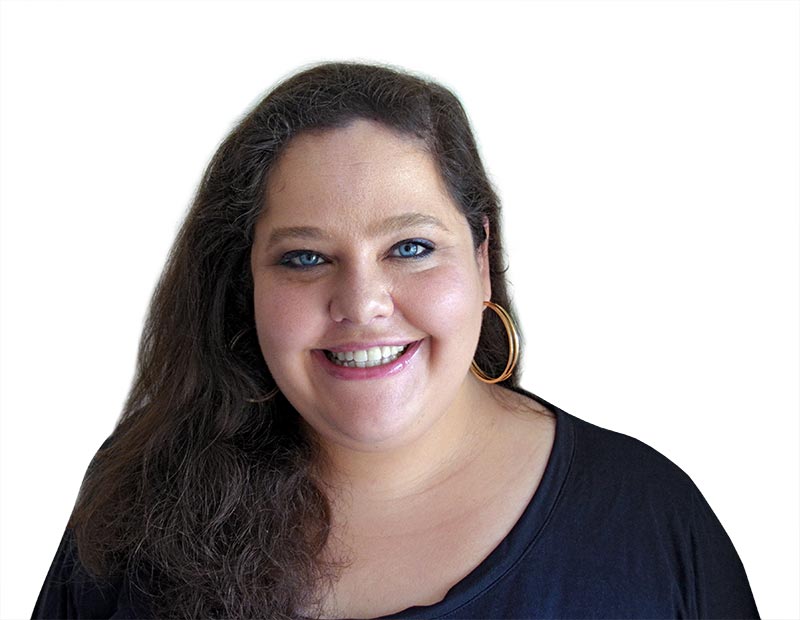Teachers as language learners – part 1
In the English language teaching field, many professionals join the area after becoming sufficiently fluent and confident to face learners. Some of us start a career believing the knowledge we have of the language will guarantee our success in teaching and we may resent feedback given about our use of the language. Although the language proficiency needed to teach depends on the context lessons will be happening (Rossner, 2017), learning more about the language we teach may improve our performance in the classroom.
Considering that the learning goals as developing language competences to communicate in both spoken and written contexts, teachers who have more awareness and knowledge about the language may be better prepared to help those learners. For example, a teacher who is able to provide learners with a language model that is clear and intelligible, and who reveals control and manipulation of the language to deal with different situations that come up in the classroom, challenges learners to improve their own linguistic repertoire and reach beyond the familiar contexts and conversations.
Also, the English language is alive and in constant change , therefore a teacher should never be satisfied with their knowledge of the language as it will not be enough to help their learners communicate if it does not evolve. Even if the language does not change, learning more about it may help us look at teaching, learning and language acquisition from different perspectives that may impact the effectiveness of our lessons. The more we learn about the language, the more we grow as teachers. In other words, not only should we choose to be language learners, but we should also embrace the guidance trainers, managers or colleagues give us towards improving our language competence.
Many language teachers fear being tested – possibly because we risk failing at what we are expected to master – which may affect our attitude towards lesson observations and language tests. However, the fact that we are sometimes asked to take exam and hold certificates has a very positive backwash effect: if brings us to the position of learners and provides us with opportunities of enhancing our knowledge of and about the language, and with chances to delve into practical language learning issues based on our own experience. In the end of the process of studying for a language test, we may also witness improvements in our teaching.
Maybe we started teaching because we had some knowledge and command of the language, but one of the things that makes great teachers different from the mediocre ones is the fact that they keep learning and improving themselves, including raising the bar in what concerns their language competences. So, my question this month is: how much studying have you been doing to ensure you are constantly studying our subject matter and improving your skills? In the next post we are going to take the topic of the teacher as a learner further.
Rossner, R. (2017) Language Teaching Competences. Oxford: Oxford University Press.






